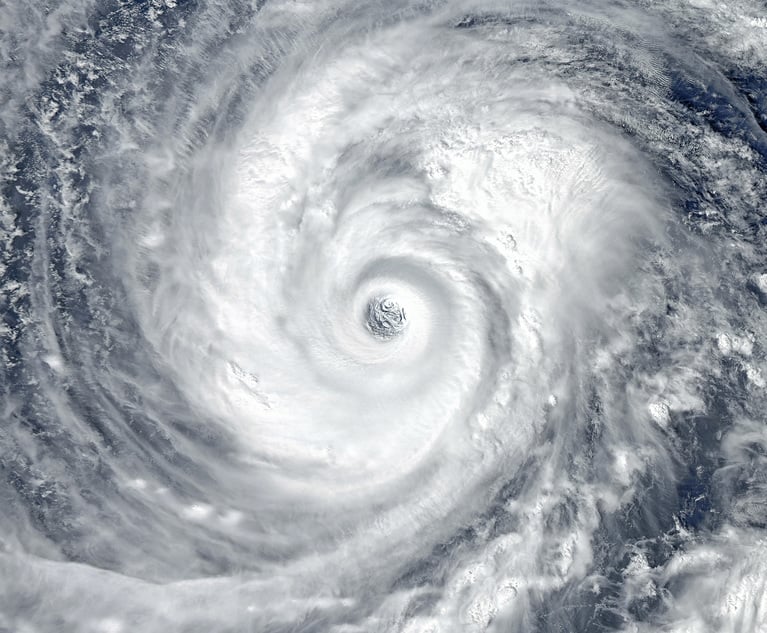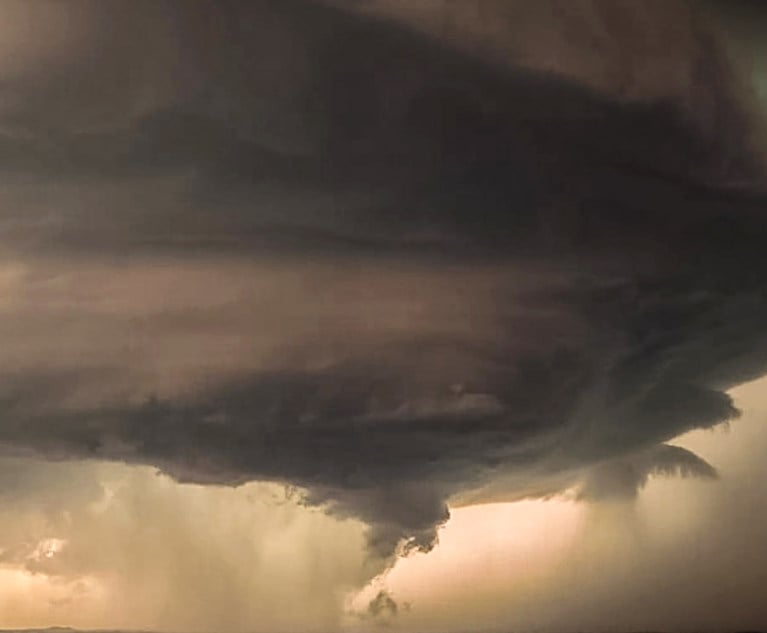A contents consultant was recently asked to help establish thevalue of a cigar collection. To be clear, this was not justany collection. It was thought to be of the Cubanvariety, and therefore this project had several interestingimplications.
|Widely considered the best in the world, Cubancigars command top dollar. Although current and recentcrops of Cuban cigars are readily available throughout Europe,Canada and in other areas around the globe, much tothe dismay of American aficionados, they have been longbanned in the United States.
|An Embargo Begins
|Understanding why this precious commodity is illegal in the U.S.requires revisiting a troubling time in American history. The 1950sare among several decades of sustained tension between the UnitedStates and the Soviet Union, commonly referred to as the “ColdWar.” With the tension of the Cold War as a backdrop, an armedrevolution occurred in Cuba, just about 90 miles from the coast ofFlorida. The pro US leader was displaced by a communist leader.That new leader was Fidel Castro, and the year was 1959.
|The United States responded. One of the elements of thatresponse was the Cuban Trade Embargo. It was introduced in stages,culminating in the bannng of all trade in 1962.Consequently, the only Cuban cigars that are legal to possess orsell in the United States are those that can be documentedas having been imported prior to the embargo.
|This obviously presents the consultant with a dilemma.
|Because appraisals are based upon legitimate sales, thefact that new or recent-crop Cuban cigars are illegal to own orsell in this country means such cigars have zero legalvalue. The use of “black market” sales is completely inappropriate.A situation like this is not exactly unique foradjusters, contents specialists or other appraisers, asthey may also encounter illegal drugs, ill-gottencultural antiquities, or items containing products from endangered species.
|Pre-Castro Cuban Cigars
|So what happens if the appraiser finds that incredibly rarepre-Castro (as in pre-embargo) cigars do, in fact,comprise the insured's collection? For such cigars to belegal to own and sell, the insured would need topossess indisputable documentation showing the cigarsentered the country prior to the embargo. This burden ofproof raises a completely different challenge for theconsultant. It bears mention that almost no verifiable pre-Castrocigars have appeared at auction within the last 10 years.
|The pre-Castro cigars that do sell often change handsprivately among a small group of well-heeled collectors.Because such dealings are not public record, securing salesinformation requires discussions with reputable tobacco dealers,cigar collectors and connoisseurs.
|Click to the nextpage to compare the value of a “Clear Havana” to apre-Castron Cuban cigar.
|This particular collection proved to be neither. The cigars werefound to be “clear Havana” cigars. In layman's terms, a clearHavana is a cigar made either prior to or immediately following theembargo.
|To produce this specific type, legallyimported pre-embargo Cuban tobacco would have beenhand-rolled by a Cuban immigrant cigar maker here in theUnited States.
|“Clear Havana” cigars are not worth as much as apre-Castro Cuban ones, the latter of which can set you back$450. However, Clear Havanas are highly prized, and in theiroriginal cellophane wrappers were valued at $110 per piece.
|The lesson here is that documentation is critical whenaccurately valuing collectibles. The date of importation isabsolutely crucial when appraising items that may fall underembargo, endangered species, or cultural artifact laws, as is aconsultant who is versed in these laws, and fully aware of theramifications.
|If the cigars in question had been pre-Castro cigars, then thepotential value could have been four times the value of the ClearHavana cigars the insured owned. So unfortunately in thiscontents case, it was close, but no cigar.
|Tom Kirkpatrick is a consulting founder at Enservio. He may be reached at[email protected].
|Want to continue reading?
Become a Free PropertyCasualty360 Digital Reader
Your access to unlimited PropertyCasualty360 content isn’t changing.
Once you are an ALM digital member, you’ll receive:
- All PropertyCasualty360.com news coverage, best practices, and in-depth analysis.
- Educational webcasts, resources from industry leaders, and informative newsletters.
- Other award-winning websites including BenefitsPRO.com and ThinkAdvisor.com.
Already have an account? Sign In
© 2024 ALM Global, LLC, All Rights Reserved. Request academic re-use from www.copyright.com. All other uses, submit a request to [email protected]. For more information visit Asset & Logo Licensing.








